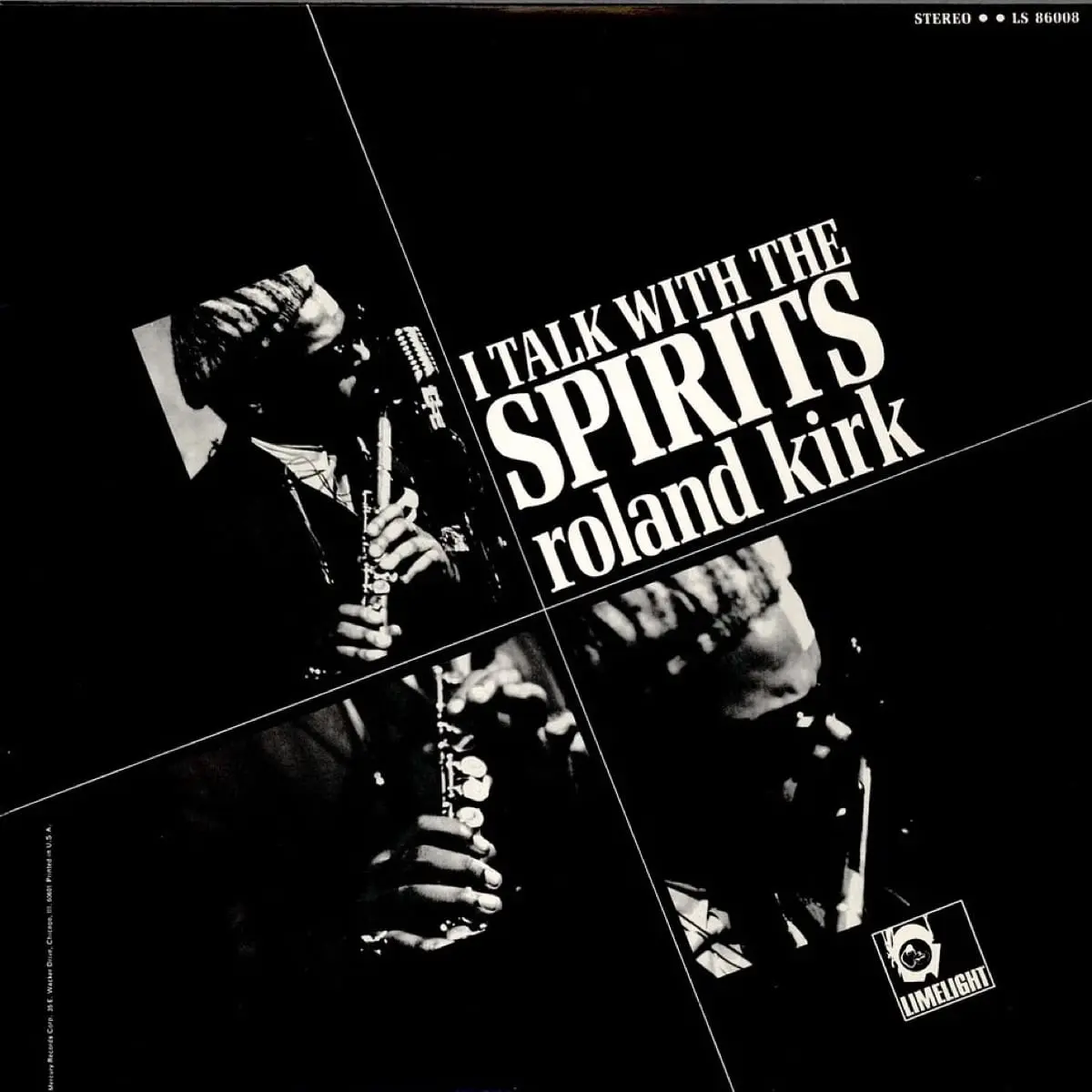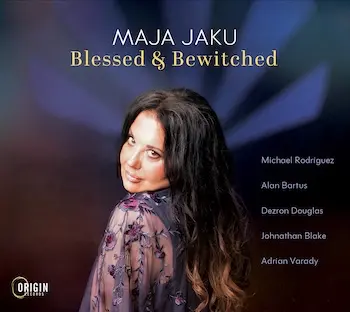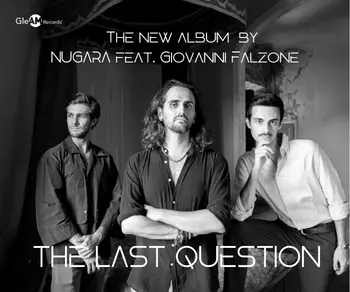
Roland in quite the happiest mood I have heard from him, playing, singing, laughing and shouting through some most acceptable modern jazz. Coming so soon after my baptism in Aylerism (see review elsewhere) this one brings home all the traditional jazz values which will, I hope, remain until I for one have shuffled the hell off this mortal coil.
Restricting himself to alto flute, normal C flute and an African flute (I’ll bet he felt undressed without the armoury) the maestro indicates that perhaps at this stage he is most impressive and expressive on the wind as opposed to reed instruments. He achieves a consistency of sincerity and expression which is quite gripping. There is such an enormous variety in his moods and techniques with the instruments that it could never cross one’s mind for a moment that an LP of flute and rhythm section could get monotonous. This one certainly never does that. Another solid facet of his playing is that, as his career progresses, he is becoming more involved with the blues and, as a corollary, with the roots of jazz. Having established himself as a new creator of jazz, he has recently taken time to go back and listen carefully to men like Bechet, Byas and Lucky Thompson, and this has paid off in removing any erratic tendencies which he might have had in his earliest records. Cuckoo, a lightly swinging strut, uses both African and C flutes to good advantage, while the medley of Together and People brings on the alto flute, a most expressive instrument with a tonal quality well suited to the jazz ballad. The spritely bass of Fleming, apparently a regular in Kirk’s quartet, sets a fresh and misty atmosphere for Cuckoo, which has Miss Albert singing along with Kirk for the theme statement. Parlan and Perkins are also well used to working with Kirk, and both played well on these dates. Quote is the most exhilarating track and, immediately you hear it, you can’t mistake that fast and fluid little phrase as one of Clifford’s. This was a fine idea, and Kirk has caught Brown’s relentless flowing of ideas to great effect. Trees gets a good old belting, and, like so many of the tunes which one has always hated, becomes attractive when the right man shifts its idiom.
Fugue’n is a fragment for vibes and flute and the fugueing is treated with conservatism. The outbursts of laughter and obvious pleasure which follows from those in the studio is natural and convincing. The producer did right to leave them in, for it emphasises the fact that there is nothing arch or prissy about Roland’s idea of Bach’s ideas.
Business is a snorting slow blues, by now typical of Kirk’s work. Spirits, once again with Miss Albert, is a most haunting and effective piece, probably the most powerful on the record, and, as Humphrey Lyttelton remarked, would be ideal if they ever decide to film M. R. James’ ghost story ‘Whistle And I’ll Come To You’. My Ship, Weill’s beautiful ballad, receives a gentle statement of melody from Kirk before he keel-hauls it into an up-tempo improvisation with muttering.
An excellent LP which takes Kirk another step in establishing himself as an original of great worth.
Discography
Serenade To A Cuckoo; We’ll Be Together Again; People; A Quote From Clifford Brown; Trees; Fugue’n And Alludin’ (22 min) – The Business Ain’t Nothing But The Blues; I Talk With The Spirits; Ruined Castles; Django; My Ship (22 min)
Roland Kirk (flt); Horace Parlan (p); Michael Fleming (bs); Walter Perkins (d); Bobby Moses (vbs); Miss C. J. Albert (vcl). NYC, 16-17/9/64.
(Limelight SLML 4005 12inLP 33s. 1d.)



